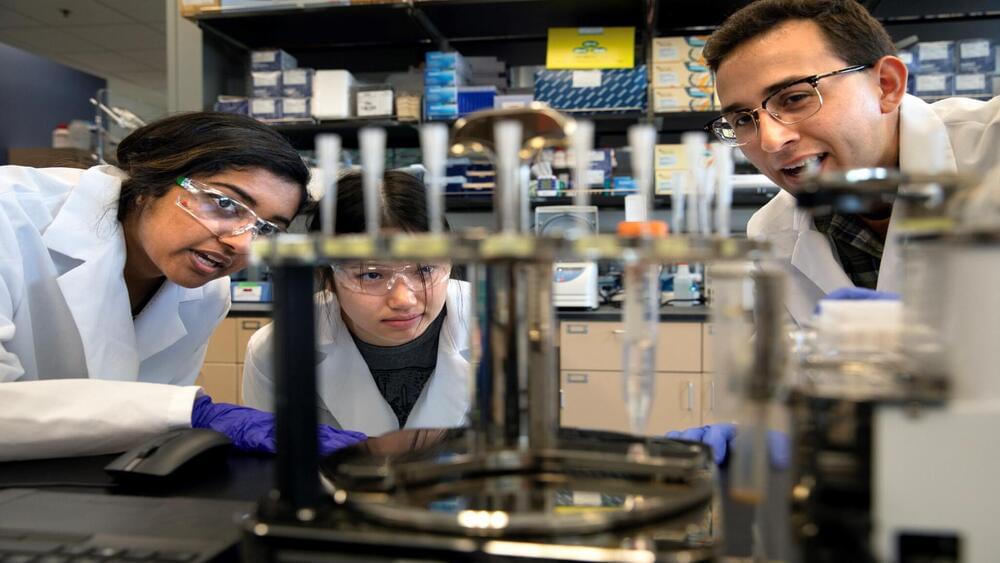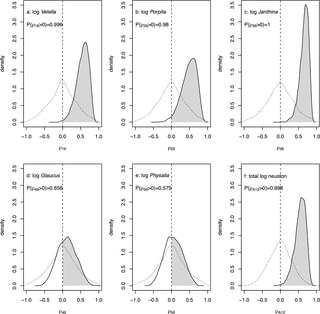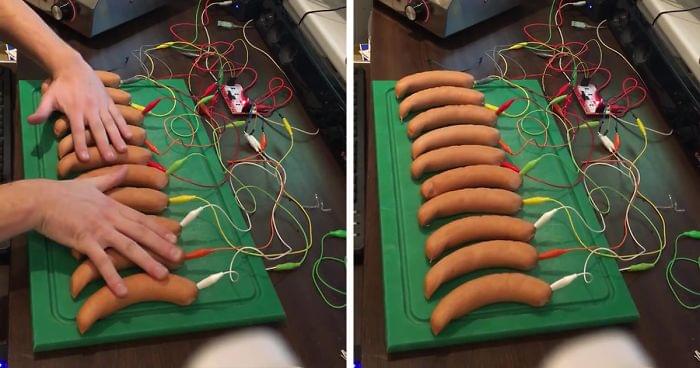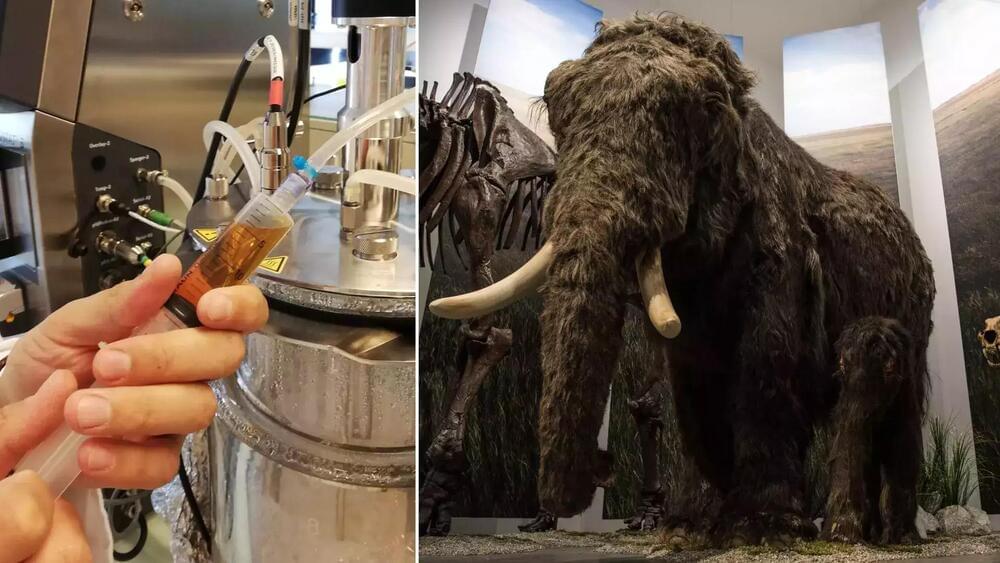For the first time, astronomers have spotted an evolving star engulfing an orbiting planet.
When our Sun nears the end of its life, it will start to swell. During this expansion, which is expected to happen in some 6 billion years, the dying Sun will engulf our Solar System’s inner planets, including Earth. Though scientists are certain of Earth’s far-future fate, no direct observation had been made of a dying star swallowing an orbiting planet, until now [1].
The unique observation comes from Kishalay De of the Massachusetts Institute of Technology and his colleagues. The team found the planet-eating star in data taken as part of the Zwicky Transient Facility (ZTF), a large-area optical survey of the night sky. While comparing a few weeks’ worth of consecutive ZTF scans—a new survey of the sky is performed every 48 hours—a brightening star 12,000 light-years from Earth caught De’s attention, he says.





